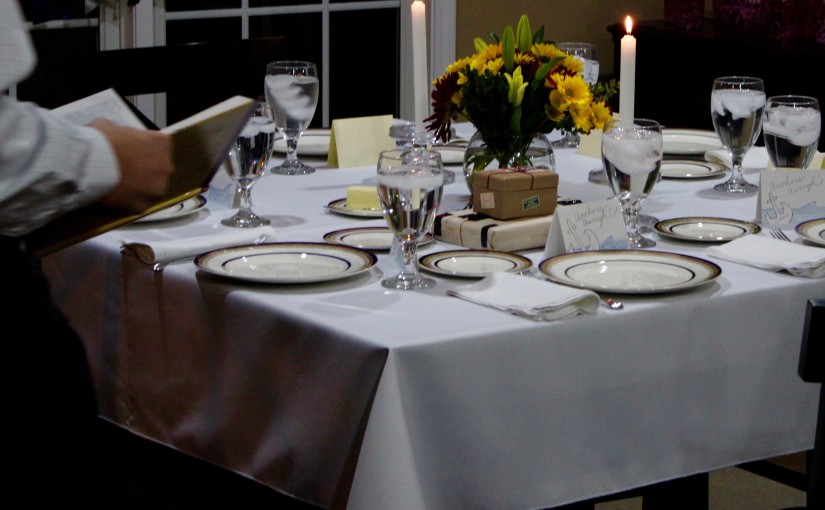Leviticus 21; Psalms 26–27; Ecclesiastes 4; 1 Timothy 6
And I saw that all labor and all achievement spring from man’s envy of his neighbor. This too is meaningless, a chasing after the wind. -Ecclesiastes 4:4
Eccleiastes has been proclaimed to be one of the greatest literary masterpieces of all time. King Solomon, the author (and son of King David) was considered to be one of the wisest and richest men who ever lived. He knew very well what he was writing about. I on the other hand am neither wise or wealthy, but I have been familiar with both through most of my life.
Please forgive me if this sounds boastful, but in my extended family I have seen or been made aware of fortunes that have come and gone. At times I have experienced the effects of both the windfalls and fallout from wealth; witnessing pride from accomplishments of innovation and industry.
Not surprisingly a sense entitlement had grown through the generations, it moved past sustaining yesterday’s achievements to the decadence of wealth without work. Like the withering vine of yesterday’s will to create enterprise, the generations grew into a future where they placed more value upon the worldly gains that had come before, than on the faith of the past. One by one they fell into despair and confusion. Their trust funds couldn’t save them from the emptiness that crept into their souls.
Despite the growing darkness, there was always a flickering light of truth in the distance. The family’s acts of philanthropy had brought hope and opportunity to the underprivileged and outcasts, and inspiration to the generations. Schools, colleges, centers and clubs were funded along with research to enhance life through science and service. In their acts of kindness and sacrifices of time and treasure, the light grew stronger.
I have witnessed the powerful reach of wealth beyond the grave, trying to control the destiny of future generations. Personally I was invited to live a life devoted to the power of self and the wisdom of the world, but I have also seen the power of a different legacy in the lives of those who pursued the true light of the world — Jesus Christ. Their lives reflected the light of personal transformation, one that was only possible in the surrender to the will of God. This offered a different life and a legacy for future generations.
Everyone I have known, including myself who have chased after the wind, to the best of my knowledge, have never found what they were looking for, only vanity.








